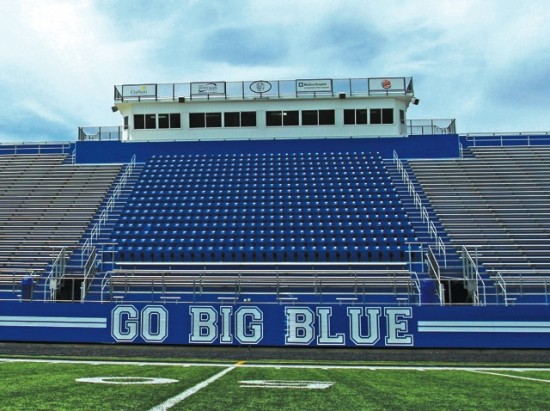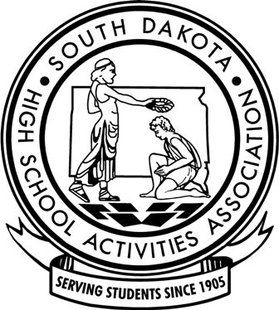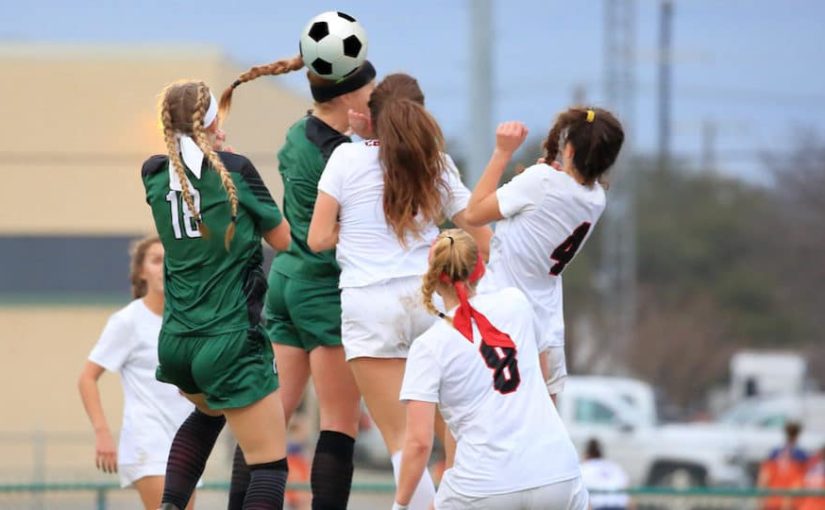Game management in the athletic director’s absence
Attendance at work can become an obsession with people in management, including athletic administrators. It puts you in a unique position. When a teacher is ill, he can call and get a substitute to replace him. When an assistant principal has to stay out, he’ll usually have two or three other assistants to fill in for a day or two.
 In my setting, I didn’t have an assistant athletic director, a secretary or even a student aide. So whom do I get to cover me? When I have to attend a major national or state conference, I have to ask the PE chair to cover for me and to prepare the necessary plans for the occasion.
In my setting, I didn’t have an assistant athletic director, a secretary or even a student aide. So whom do I get to cover me? When I have to attend a major national or state conference, I have to ask the PE chair to cover for me and to prepare the necessary plans for the occasion.
These emergency game management plans take some time to put together and require periodic updating. But this will be easy to do on your computer.
Creating your plan
1. Inform several individuals — principal, assistant principals, physical education chairperson — where your plans are kept. It might be a good idea to provide each of them with a copy, but remember that you can’t keep your game management plans on your computer without giving everyone your password. Since this isn’t a good idea in terms of computer security, it’s best to provide the key people with a hardcopy, perhaps in a three-ring binder, and to keep them updated.
2. List the keys that are necessary for each venue. Include where extra copies can be found. This is necessary, because you also have to keep your keys at home in case of illness.
3. Provide detailed, step-by-step directions of what has to be done for each venue. You probably want to include:
- When to set up the ticket booth and scoreboard. The approximate times to start the various tasks have to be included and listed in chronological order.
- Where the phone numbers for security personnel and medical personnel for handling an emergency can be found?
- What you will need to take along to the venue? For the ticket booth at the stadium, for example, you will need to take along masking tape and a pen.
- Where and when to lock up the ticket receipts.
Don’t assume or leave anything to chance. List everything that comes to mind.
4. In the event of inclement weather, who and when do you call? In our setting, these calls are made around noon and go to:
- Opponents’ athletic director
- Grounds crew
- Officials
- Bus dispatcher
- Head of security
- Coaches
- Principal and main office secretaries
5. Let the person covering for you know that you will handle the rescheduling effort when you return. This procedural information should also be conveyed to the others on your contact list.
6. Ask the fill-in AD to post a notice or submit a public address announcement to the main office in order to notify the athletes. You don’t want athletes or their parents showing up to games expecting them to continue as scheduled.
7. Instruct your replacement to record a message on your answering machine to handle incoming questions concerning the game. It would also be helpful to place a notice on your website if that is possible. However, a substitute often will not have clearance or a password in order to make these changes.
8. Thank the person who covered for you when you return. Also, check to see if there were any problems and what changes or improvements might be needed for your emergency game management plans. Each time that your emergency plans are used, you may find something that needs to be added or improved. This should be considered normal and natural.
With a little planning and effort, you will be able to prepare for those occasions when you are ill. When you don’t have to obsess over impending games and how they can proceed, you may be able to do the intelligent thing — stay home and get better. All good ADs prepare for all contingencies. Have you?





